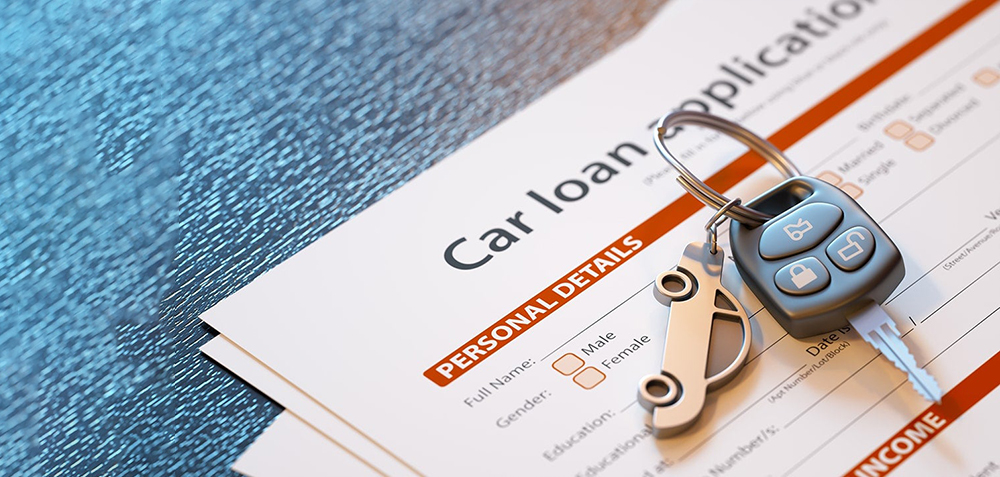Does refinancing a car hurt your credit?: Before answering this question, We should focus on what is refinancing? Refinancing is basically replacing an existing debt by paying it off with another debt. This debt can have new terms of repayment, a varying interest rate, or a different payment deadline. Many different loans have the option of refinancing such as mortgages, auto loans, student loans, or personal loans. In this case, a car owner may want to refinance a vehicle loan for saving and many more benefits, however, there can also be drawbacks to it. Moreover, there can also be situations where one can have bad credit for a car loan or a credit history that is lacking, this will, unfortunately, result in higher interest rates. Henceforth, in cases like this, refinancing a car loan may make things easier and lighter.
To further elaborate, we also have to look into how refinancing a car loan affects your credit:
More Debt added
Refinancing a car leads to the additional debt being added to your credit which can decrease your credit score for a period of time, however, if you’re consistent in payment and show you can manage the debt, your credit score will not worsen.
Credit Check
Applying for a loan does initiate a hard credit check when the lender requests to see your credit history. This can affect your credit score significantly since it will be reduced and stays on the record for at least 2 years. Avoiding these problems is recommended to peruse through reasonable interest rates, which are 30 to 45 days, so it doesn’t become too much of a problem and can be counted as one inquiry.
Reduces Account History
As you refinance an auto loan, this closes the old loan decreasing your credit score and reducing your account history. It negatively impacts your credit score because credit history makes up 15% of the overall credit score. However, a way to balance this would be to have other loans that old and managed on time.
Payment History
Certain scoring models have been known to consider a closed account of up to 10 years for payment history. However, it should be noted that it will still result in a low credit score since it's not the same as a current account that has been active. Therefore it is important to manage your debts and do payments on time.
Therefore, there are some Pros and Cons to refinancing:
Pros
- Get lower interest rates.
- Lock in lower monthly payments.
- When you refinance your car loan, pick a lender with better customer service or lower rates than your former provider.
- Earn cashback.
Cons
- If you have bad credit, there is no a good option
- Prepayment penalties.
- If you extend your term, pay more interest.
Therefore, Refinancing does get you cashback which can help relieve your other more urgent loans at the time and help you maintain a more viable payment option that’s easy on the pocket. This can happen if you have looked into cheaper interest rates. It seems like a reasonable option for a car owner who may need to focus on other loans. However it should be noted that it does affect your credit score and if you can handle the issues and bounce back, this is a feasible option in some cases.





